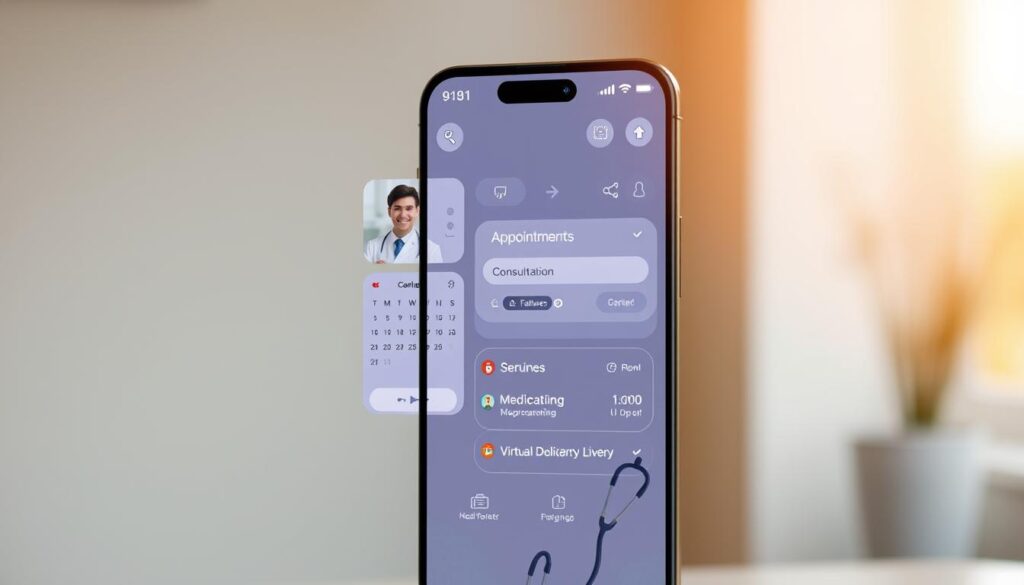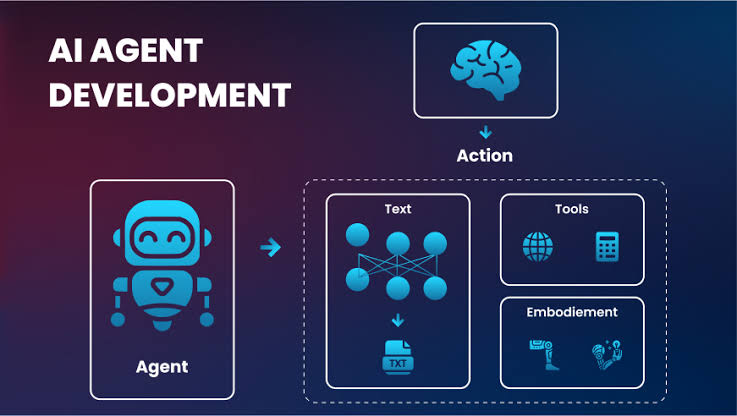
Imagine launching a healthcare software business where hospitals, clinics, and independent practitioners can seamlessly adopt your platform as their own – fully branded, customized, and ready to streamline operations. With the healthcare industry rapidly digitizing, practice management solutions are becoming a lucrative opportunity for entrepreneurs looking to enter the space.
Platforms like Cliniko have set a high standard, offering features like appointment scheduling, patient records, billing, and telehealth – all wrapped in an intuitive interface. But building a competitive alternative isn’t just about replicating features; it requires careful planning, compliance with healthcare regulations, and a scalable infrastructure.
So, how much does it really cost to develop healthcare practice management software like Cliniko? What factors influence the budget, and where can you optimize costs without compromising on quality?
While the costs typically range from $40,000 to $300,000+, this guide breaks down everything you need to know, from core development costs to hidden expenses, so you can make informed decisions before stepping into this growing market.
Overview of Cliniko-Like Healthcare Practice Management Software Development Costs
The cost of developing software akin to Cliniko can vary significantly based on complexity, customization needs, and regulatory compliance. A solution tailored for solo practitioners will differ vastly in requirements and costs compared to an enterprise-grade platform for hospital networks.
Here’s an estimate based on complexity levels:
- Basic MVP ($40,000 – $80,000): A cost-effective option for launching a working product with core features like patient scheduling, basic invoicing, and limited user roles. Ideal for small clinics or independent practitioners but lacks deep EHR integrations or advanced analytics.
- Mid-Tier Solution ($80,000 – $150,000): Includes electronic health record integration, telehealth capabilities, automated appointment reminders, and multi-user access. Suitable for growing clinics and small hospital chains needing a sophisticated system.
- Enterprise-Grade Platform ($150,000 – $300,000+): Fully scalable software designed for hospitals and large clinic networks. Features AI-driven analytics, predictive scheduling, HIPAA or My Health Record compliance, interoperability with other systems, and advanced security.
It’s important to also account for ongoing maintenance and updates when estimating costs.
How to Reduce Cliniko-Like Software Development Costs Without Compromising Quality
Developing Cliniko-like software involves significant investment. Here are strategies to manage costs effectively:
- Start with an MVP: Focus on core functionalities first. Expand based on user feedback to avoid unnecessary upfront expenses.
- Leverage Pre-Built Components: Use existing APIs or third-party integrations for appointment scheduling or billing instead of building from scratch.
- Optimize Development Team Structure: Outsource development while keeping project management in-house to reduce costs without sacrificing expertise.
- Prioritize Compliance Early: Build regulatory compliance (e.g., HIPAA or GDPR) into the foundation to avoid costly revisions later.
- Choose Cloud-Based Infrastructure: Cloud hosting (e.g., AWS or Azure) reduces upfront hardware investments while offering scalability.
Cutting costs should never compromise security or user experience.
Must-Have Features for Cliniko-Like Software
A robust practice management system should streamline workflows while enhancing patient care. Key features include:
Booking & Scheduling
- Integrated telehealth for secure video consultations.
- Intelligent calendar management with real-time updates.
- Automated appointment reminders via SMS or email.
Health Records Management
- Centralized file storage with role-based access.
- Configurable templates for clinical documentation.
- Support for media attachments like X-rays or MRIs.
Finance Management
- Automated invoice generation.
- Online payment gateways with reminders for outstanding balances.
- Real-time financial reporting and audit logs.
Business Management
- Staff management with role-based access control.
- Internal communication logs for better coordination.
- Integration with third-party tools like CRMs or accounting platforms.
User Experience (UX) Elements Impacting Development Costs

A well-designed interface enhances usability and adoption rates. Consider these principles:
- Intuitive navigation with minimal training required.
- Mobile optimization for on-the-go access via responsive design.
- Accessibility features like adjustable text sizes and multi-language support.
- Security-first design with encryption and multi-factor authentication.
Tech Stack Powering Cliniko-Like Software Development
The choice of technology stack impacts functionality and scalability:
- Front-End: React.js or Angular for interactive interfaces.
- Back-End: Node.js or Python (Django/Flask) for server-side logic.
- Database: PostgreSQL or MongoDB for scalable data storage.
- Cloud Hosting: AWS or Google Cloud for cost-effective scalability.
- APIs: RESTful or GraphQL for seamless integrations.
Emerging technologies like AI-powered chatbots or blockchain can further enhance functionality.
Healthcare Practice Management Software Development Process
The development process includes:
- Discovery & Planning: Market research and feature prioritization.
- MVP Development: Focus on essential features like scheduling and health records.
- Testing & Compliance Checks: Ensure usability and regulatory adherence (HIPAA/GDPR).
- Deployment & Maintenance: Cloud hosting and regular updates.
Monetization Models
Monetization strategies include:
- Subscription-based pricing (monthly/annual fees).
- Pay-per-use models for smaller clinics.
- Freemium options with advanced paid features.
- White-label licensing for custom branding by healthcare providers.
- Enterprise licensing for large-scale organizations.
How Appfodev Can Help
At Appfodev, we specialize in creating feature-rich healthcare practice management software tailored to your needs. Our team ensures compliance with industry standards while delivering scalable solutions that enhance patient care and operational efficiency.
Whether you’re planning an MVP or a full-scale enterprise platform, Appfodev is your trusted partner in turning ideas into reality.
For more insights into developing healthcare software like Cliniko in Australia, contact Appfodev today!





